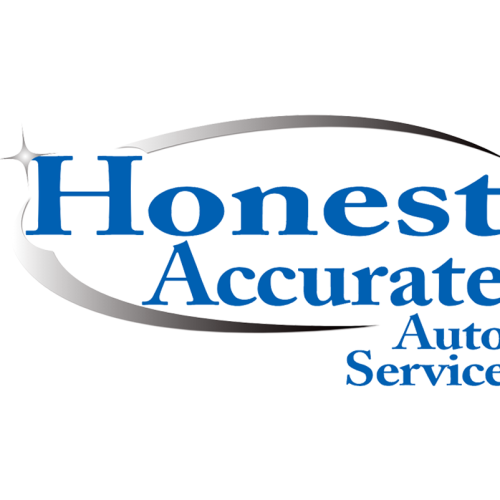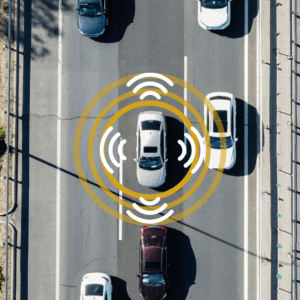
How important is it that your brakes are working properly? Did you know that the average car weighs somewhere in the range of2500 to 4000 pounds? Momentum is factored by multiplying mass (weight) x velocity (speed). Therefore, either greater weight or speed will increase the momentum of your vehicle and increase the force that is required to stop your vehicle. The most important question is how quickly do you want your car to stop and will it stop properly when you need it to? The various parts of the braking system need to be working effectively, especially when you consider the important family or friends that are occupying your car!
Brakes pads and rotors wear with time and the number of stops, so your brakes require periodic maintenance to work effectively. If you often drive mountain passes or in-town driving with stoplights and stop signs, your brakes will require more frequent servicing.
What are the signs that your brakes need attention?
- Feeling pulsation in the steering wheel and the brake pedal while braking, especially downhill after they are hot!
- Squealing when braking
- “Squishy” feeling when putting on the brakes, or having to push the brake pedal further to the floor to be able to stop
- Seeing a leak under where you normally park your car
There are three primary components in your brake system: brake pads, rotors (or drums) with calipers, and the hydraulic system.
Brake pads are made of a ceramic material that is intended to wear over time. Ceramic materials will not melt with the heat that is produced when you apply the brakes. It is important that the pads are made of a semi-soft material, or they would make a lot of noise (think fingernails on a chalkboard – ouch!) when you put on the brakes. The brake pad material contacts the rotor (or shoe in a drum brake) and the friction between the pads stops your vehicle. Brake pads have a built-in “wear bar” when the pad material is about 3mm thick (pads start out at approximately 8-12mm thickness), which makes an annoying squealing noise that alerts you to have your brake pads checked. If the brake pads are not replaced in a timely manner, the resulting metal-to-metal contact can ruin the rotors.
Rotors (or drums) are the metal plates that the brake pads (or shoes) press upon, creating the pressure and friction that stops your vehicle. With time and an accumulation of stops, they can also become worn and/or warped. Rotors become warped secondary to excessive heat that “bends” the rotor, creating an uneven surface. If they are overheated by prolonged pressing on, or “riding” the brakes, the result is warped rotors. If that overheated rotor has cold water (rain) splashed on it, even greater warpage can occur. We can often machine the rotor (or drum) and smooth out the surface in our shop. However, if the rotor has been machined before, it may be too thin and may be below recommended safety thickness specifications. If that is the case, we will let you know that the rotor or drum needs to be replaced.
The brake calipers (that operate the brake pads) are moved by a fluid-filled hydraulic system. Hydraulics are important because the hydraulic action multiplies the force you put in on the brake pedal to actually be able to stop the momentum of your very heavy vehicle. Now, picture what happens to those hydraulic pumps if a leak develops in the system. Kind of like the pressure in a bicycle pump – if there is a leak, the pressure will not be concentrated and applied on the brake.
How do brake fluid leaks develop? Over time, hoses and seals can get brittle and crack or lose their elasticity. Fluid can then seep out of joints or cracks. One thing we know about leaks is that they only get worse! That is why it is important that you keep an eye on the concrete under where you generally park your car or truck. Any type of a leak should be checked so that we know where the fluid is coming from, whether it be the brake system, engine, transmission, radiator, axle, or elsewhere. If it is a very slow leak, we always let our customers know that it is an area to be watched, and when it is at a point that affects your vehicle’s operation or could create more extensive damage if not repaired, we will let you know.
Getting your brakes serviced before the pads are worn too thin, and making sure there are no leaks in the brake system, can save you money in the long run. Let Honest Accurate Auto Service help you keep safe and able to stop quickly when necessary!



